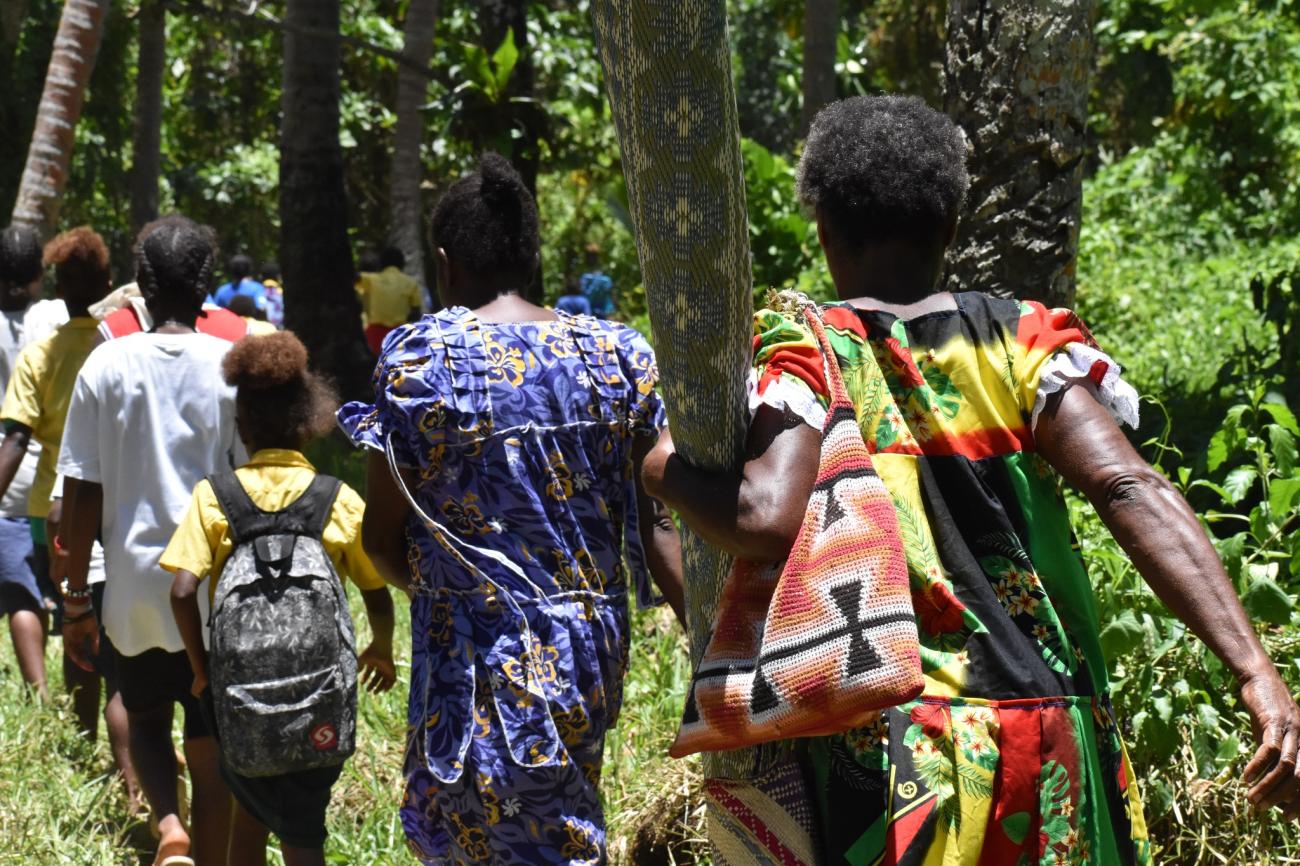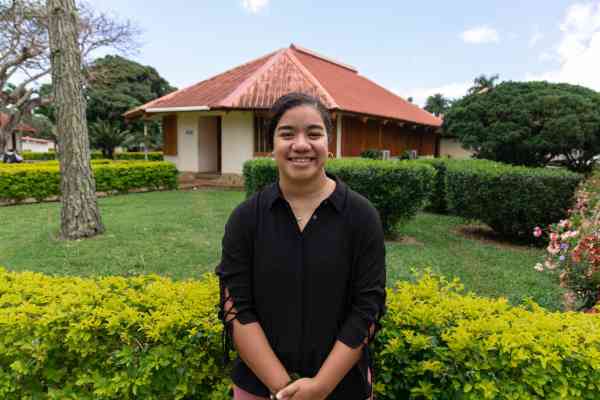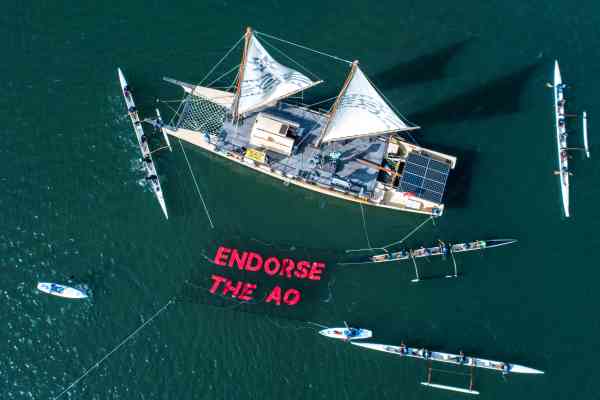(Contenu disponible en anglais uniquement)
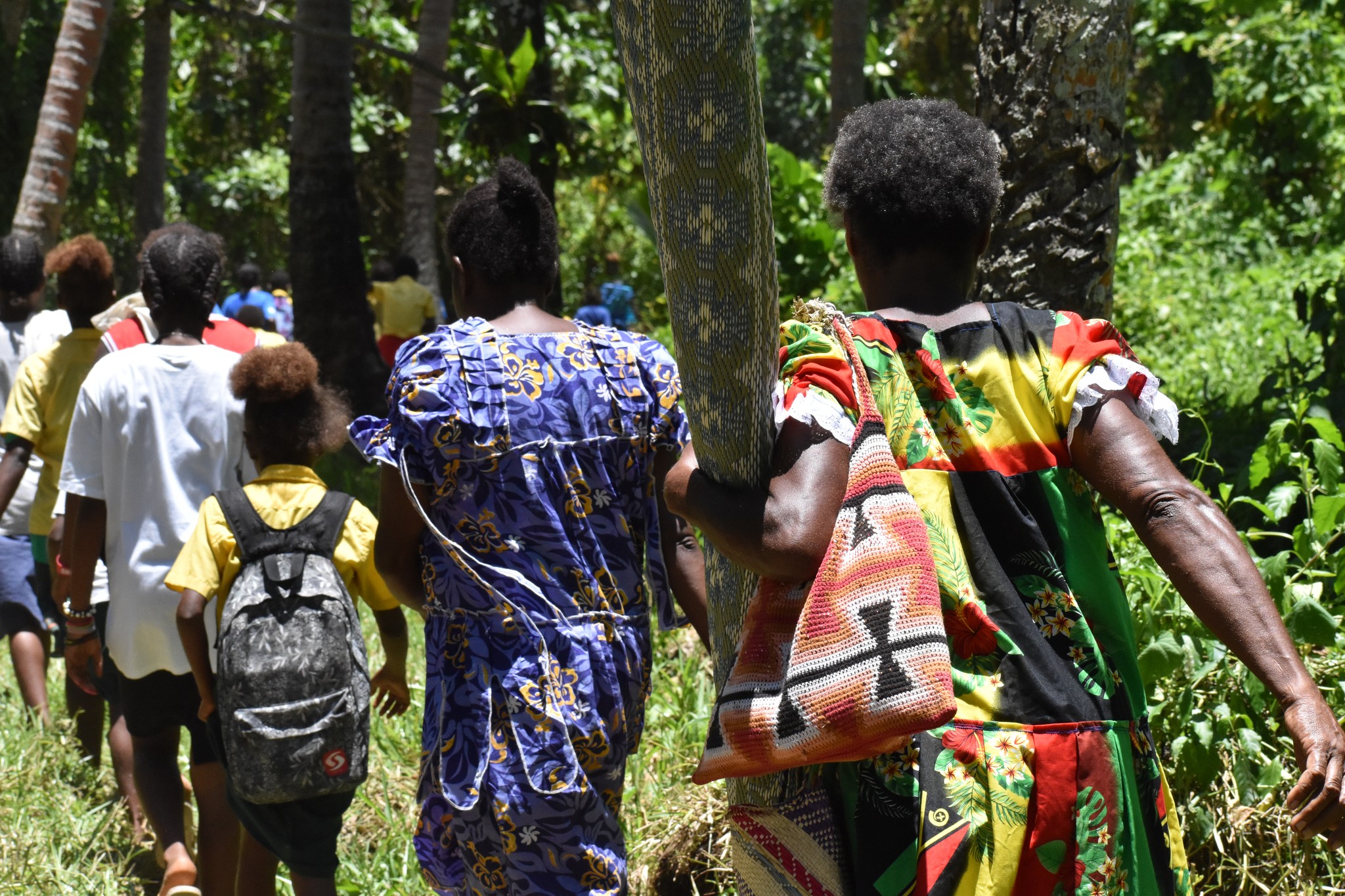
While the climate crisis is putting Pacific communities at increasing risk, women across the region are leading inclusive and accessible multi-hazard early warning systems.
The Pacific Community (SPC) through the Pacific Women Lead at SPC (PWL at SPC), supports the Shifting the Power Coalition, women’s rights and disability organisations in the Pacific who co-create, and share lessons learned from iterative gender- and disability-inclusive responses to humanitarian emergencies. This work ensures diverse Pacific women’s voices are included in disaster planning and response at all levels, resulting in tangible outcomes around diverse women leaders in the region.
Increasing women’s involvement and decision-making does not just improve disaster response and recovery for them – the whole community benefits.
The Shifting the Power Coalition’s work was recently highlighted in Inclusive and accessible multi-hazard early-warning systems: learning from women-led early-warning systems in the Pacific demonstrating success of women-led and disability-inclusive multi-hazard early-warning systems established in the region.
This report examined four initiatives led by members of the coalition, surfacing distinct elements of effective multi-hazard early-warning systems. One of these interconnected elements is enhancing capacity at the community level which requires supporting community awareness and education and investing in mobilisation measures such as networks to reduce disaster risk.
It is in this space – community engagement and mobilisation – where Flora Vano truly shines, forming the core of her technical work in Vanuatu.
Flora is Country Programme Manager at ActionAid Vanuatu, the coalition’s national hub in Vanuatu. She joined the organisation in 2017 from the tourism industry to support women-led recovery from Tropical Cyclone Pam.
“I’m a granddaughter of a high chief and we were taught to look after our communities. Coming to this work gave me the freedom to really explore potential I never thought I would have,” Flora said.
Having evolved through the organisation – from the human rights focal point to the managerial role she currently holds – she plays a pivotal role in bridging women’s local, traditional, and scientific knowledge.
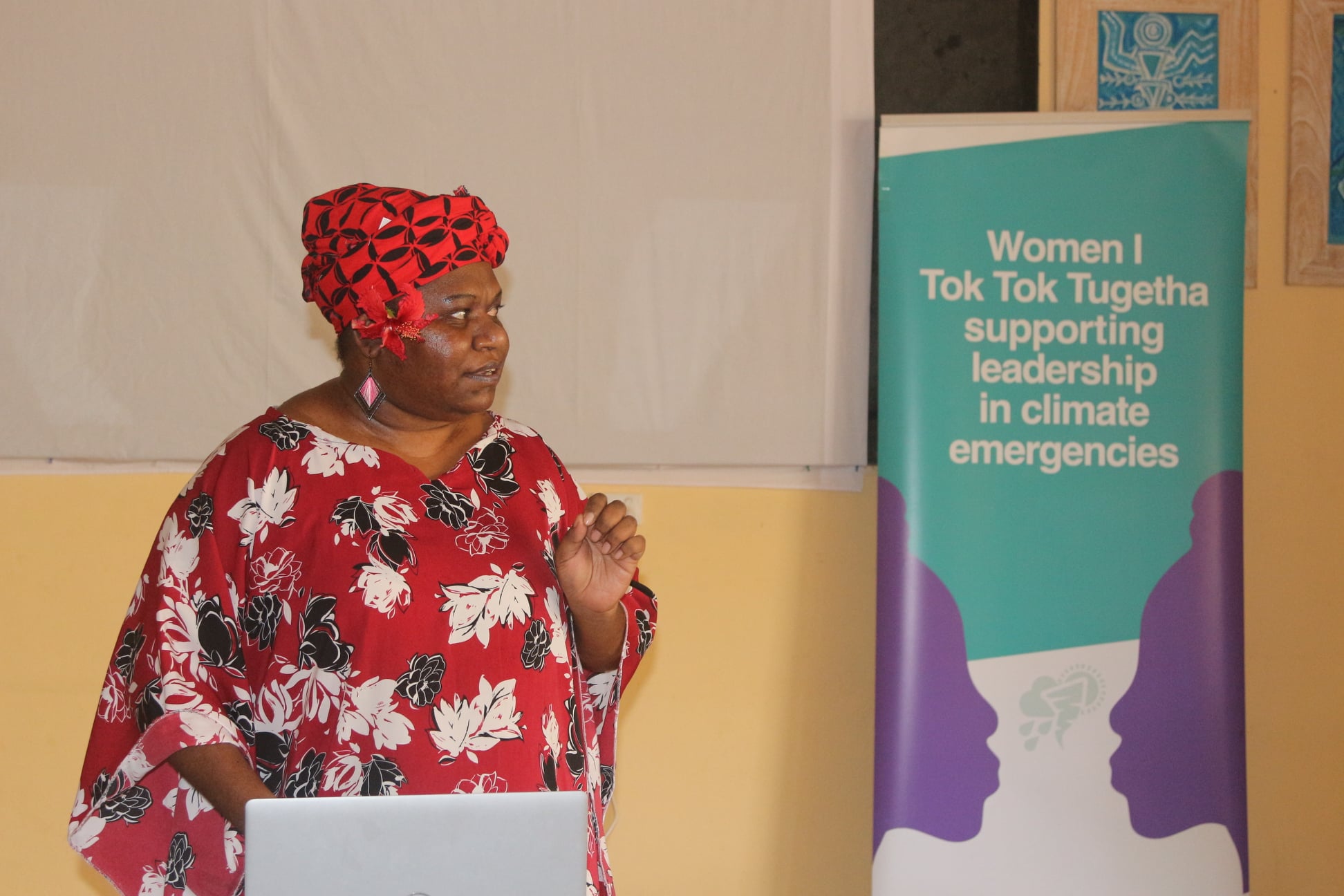
Flora has played critical roles in establishing the Women I Tok Tok Tugeta (WITTT) network in 2018. WITTT has become an important platform and safe space for diverse Ni-Vanuatu women to organise, strategise, and drive community-led responses. She has also been instrumental in establishing Women Wetem Weta (WWW) – a network of young women that monitor the weather and use mobile phone technology to share early weather warnings and vital climate messaging to communities across the country. It now reaches half of Vanuatu’s population.
“I mobilise and work with 5000 women on the ground. In times of disaster, I link up with all these women from the National Emergency Operations Centre. The information from the community flows up to government, then goes back to the women in their villages”, expressed Flora.
Getting to this point wasn’t easy. The initial work to establish WITTT and WWW required significant effort to ensure women had a firm grasp on their individual and collective voice and agency.
“Women are taught to wash dishes, clean the house, and make sure there is food on the table. To say a sentence in front of others is a big step for them. It has taken courage and confidence to even use a pen. They have been silent for too long. But now the room is bubbling… you have to shout because the women are full of confidence”, explained Flora.
By developing early warning systems that are contextualising and strengthening women’s leadership at all levels, both disaster response and community resilience are enhanced. Women's involvement in decision-making reaps benefits for all members of the community, iteratively enhancing disaster resilience and – as a result – sustainable development at the local level.
“As women, we are good managers, we are first responders, we are the frontliners. We think of all aspects of what we need to survive. We have trained 400 women who go out and do the women-led assessments, collect data, and immediately respond”, Flora said.
Their assessments provide clarity and data for what resources they have and any additional needs. This is communicated back through WWW for immediate response and documented as future development priorities.
For example, as disaster relief can be slow to reach communities owing to limited transport and other challenges, the women’s response networks prepare and distribute local fruit, vegetables, and other resources most needed during a crisis.
“If the pandanus trees are affected, the community can’t do much anymore to sell and earn money. So, they get pandanus shoots to replant. It’s a different response because it’s led by women, for women; they know exactly what has been lost”, explained Flora.
The coalition continues to share lessons learned from its work, taking a deliberately feminist approach to enhance contextually-relevant solutions at the heart of the humanitarian-development-peace nexus.
“There are our sisters we have within the Shifting the Power Coalition, the safe space we have created. We know we have to join hands together. The work… if we are growing it, we are growing it together. We are not growing it for me, Flora. When I talk, I talk as WITTT. I’m talking as the network of women and the power of women” expressed Flora.
She continues: “This is how I want to see myself progressing to help save lives of women… to live freely and happily as a woman in Vanuatu as well as any other woman in the Pacific. If they have that right, we will flourish like no other”
Shifting the Power Coalition implements the Pacific Owned, Women-Led Early Warning & Resilience (POWER) Systems (Phase 1) project, funded by the Australian Government through Pacific Women Lead at the Pacific Community (PWL at SPC).
